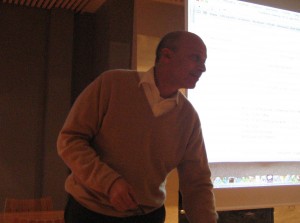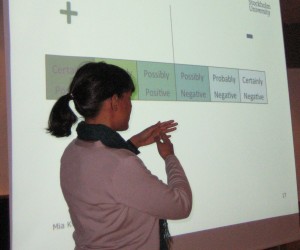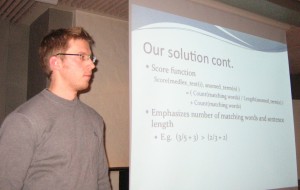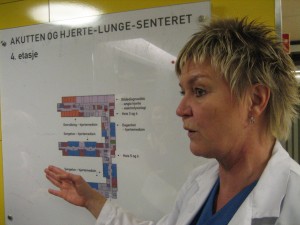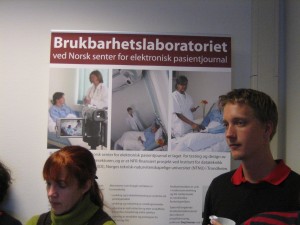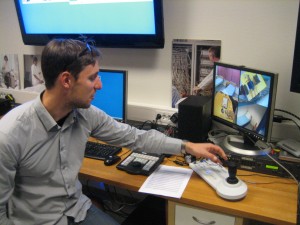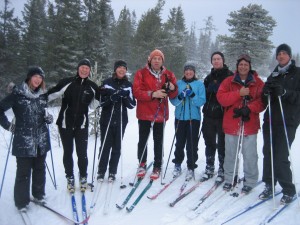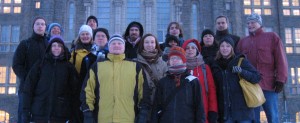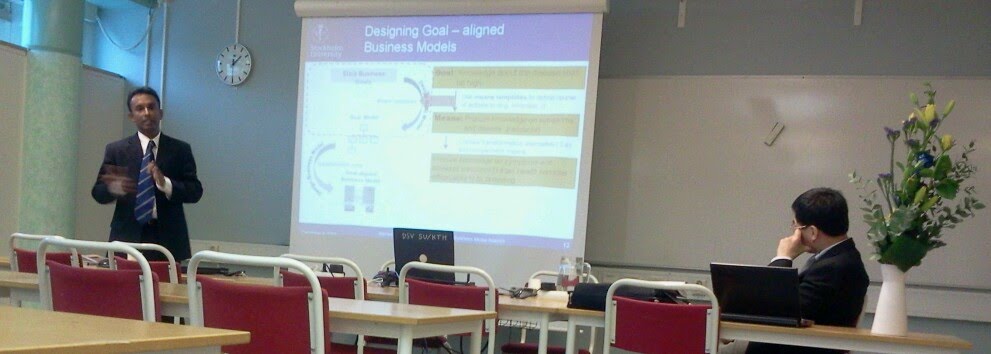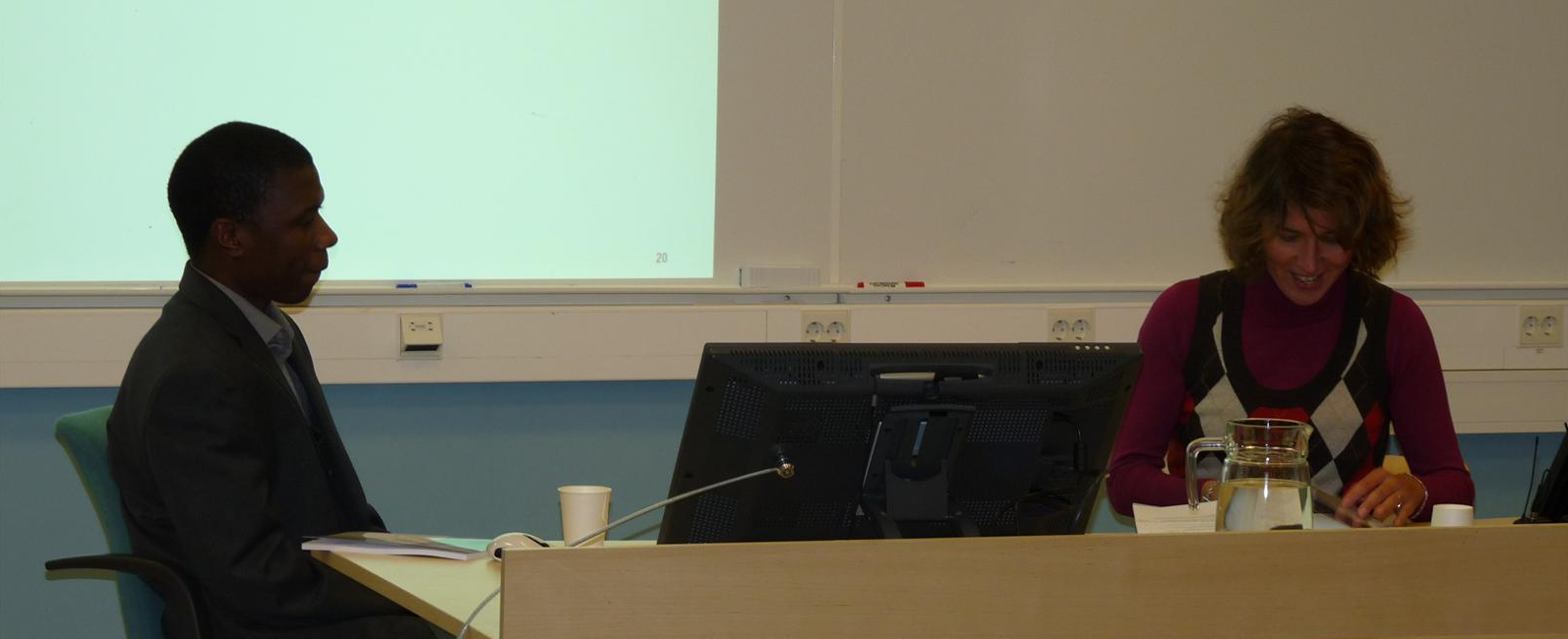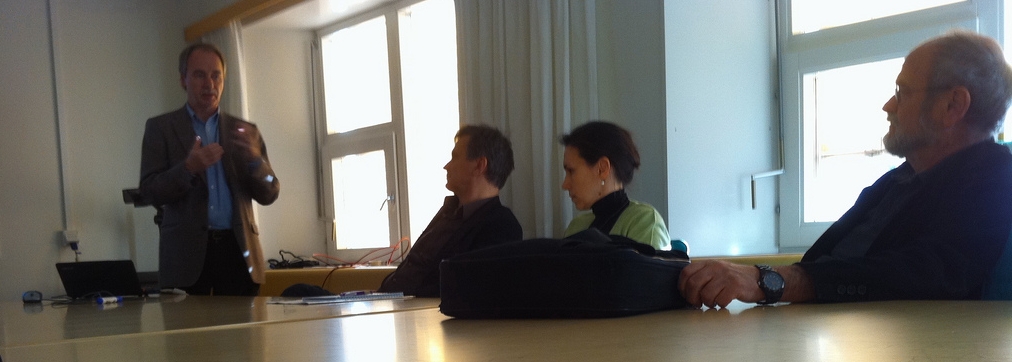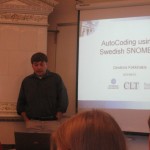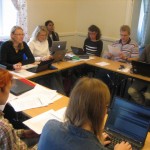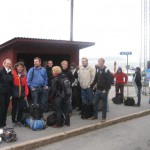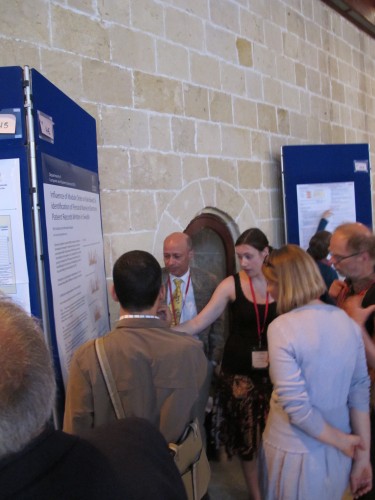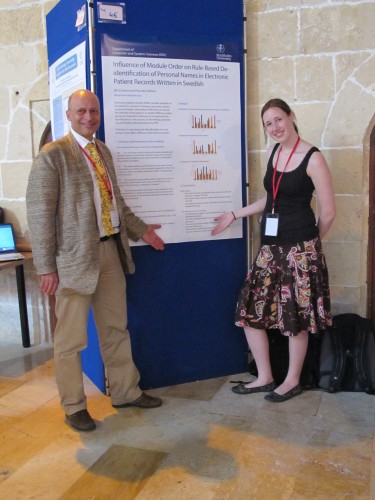(Participants from DSV were Helen Allvin, Hercules Dalianis, Martin Hassel, Aron Henriksson, Maria Skeppstedt and Sumithra Velupillai.)
Tharaka Ilayperuma PhD Dissertation
Today, Tharaka Ilayperuma defended his PhD thesis “Improving E-Business Design through Business Model Analysis”. The opponent was William Song from Durham University, and the examination committee consisted of Marianne Nilsson from Stockholm University, Eva Söderström from Högskolan Skövde and Henrik Hansson from DSV. Paul Johannesson and Jelena Zdravkovic have been supervisors.
William gave a very thorough opposition including more general as well as very specific questions, ranging from the meaning of e-business to the role of the Semantic Web in business models.
Abstract
To a rapidly increasing degree, traditional organizational structures evolve in large parts of the world towards online business using modern Information and Communication Technology (ICT) capabilities. For efficient applications of inter-organizational information systems, the alignment between business and ICT is a key factor. In this context, business analysis using business modelling can be regarded as a first step in designing economically sustainable e-business solutions.
This thesis examines how business modeling can be used to improve e-business design. We examine how business stakeholder intentions and different objectives of business collaborations can be used to obtain an explorative business model that can be used as a basis for designing e-business solutions. The thesis proposes a set of artifacts for business modeling and e-service design. In regard to business modeling, we propose methods that consider internal aspects such as strategic intentions of actors and external aspects such as business collaborations among them. Considering stakeholder intentions, we introduce a method to design business models based on goal models. A set of templates for designing goal models and a set of transformation rules to obtain business models based on goal models are proposed. To further improve business models considering business collaborations, we suggest a classification of business transactions that considers underlying business objectives of business collaborations. Utilizing the suggested business transactions, we then propose a method to improve business modeling. Finally, we propose a method for designing e-services using business models. The methods suggested support business modelers as well as process and services designers in executing their tasks effectively. The methods have been assessed through applications in two cases.
Towards a process oriented public administration
Today, Gustaf and I gave a Syslab presentation of our paper at Sundsvall 42 this year. The paper discusses the results from the Vinnova project Open Social Services which we are involved in. The goal of the project is the development three e-services for Järfälla municipality. The first e-service, the application for emergency phone for elderly and handicapped people, is currently under testing. We contributed with the process analysis and requirements specification of the service. As part of the work we developed a prototype in the open source workflow management system YAWL.
The prototype and information about it is openly available.
Mturi Elias Licentiate
A Universal Business Process Model Repository. Mturi Elias presented his licentiate on business process model repositories. The photo shows Mturi and Jelena Zdravkovic who was the opponent. Louise Yngström was the examiner, and Paul Johannesson the supervisor.
Abstract
Business Process Management (BPM) has become one of the most important instruments to help modern organizations meet their business goals and achieve competitive advantage. Business process modelling plays a vital role in BPM. Business process modelling is a complex, time-consuming and error-prone task. However, the efforts made to model business processes are seldom reused beyond their original purpose. Rather than modelling business processes from scratch, analysts can derive process models by redesigning existing ones. Business process model repositories provide a central location for storing and managing process knowledge for future reuse.
This thesis starts with the observation that the existing process model repositories for supporting process model reuse suffer from several shortcomings that affect their usability in practice. Firstly, most existing process model repositories are proprietary — they are not publicly open. Therefore, they can only be enhanced or extended with new models by the owners of the repositories. Secondly, it is difficult to search and navigate across repositories because they follow different business and process classification schemes. Thirdly, process models are not goal related, therefore making it difficult to gain an understanding of the business goals that are realized by a certain model. Finally, some repositories have limited scope, meaning that they are domain specific.
Following a design science research method, this thesis addresses the above shortcomings by proposing a universal process model repository to store and manage process knowledge for future reuse. The proposed repository is grounded on three original and interrelated contributions: (1) a set of requirements that a process model repository should possess to increase the probability of process model reuse; (2) a business process metadata model for annotating process models to facilitate searching for process models, navigating the repository and understanding the process models; (3) a generic data model with a common process description format (language independent) for capturing and storing process models from different modelling notations. While the main objective of the research is to provide a design for a unified process model repository that is language independent and open to the public community, the above-mentioned contributions are the results of the work carried out towards the final results.
Göran Goldkuhl on Practical Inquiry
Today, Göran Goldkuhl gave a seminar on action research and its continuation into practical inquiry.
Action research is an established research approach in information systems. Such an approach is aiming at both 1) local intervention and improvement and 2) contribution to the scientific body of knowledge. The practical value outside the local practice is however seldom emphasised. It is therefore desirable to expand this kind of research to deal with general practice contributions. A research approach – practical inquiry – that goes beyond action research will be described at the seminar.
29th ER Conference 2010 in Vancouver
The premier conceptual modeling conference. Birger Andersson and I participated in the 29th International Conference on Conceptual Modeling, Vancouver, BC, Canada, November 1 – 4, 2010. The ER conference series is a forum for presenting and discussing current research and applications in which the major emphasis is on conceptual modeling. Topics of interest span the entire spectrum of conceptual modeling including research and practice in areas such as theories of concepts and ontologies underlying conceptual modeling, methods and tools for developing and communicating conceptual models, and techniques for transforming conceptual models into effective implementations.
The conference included some useful keynotes, one of them discussing how modeling has moved from representing systems and software specifications to describing the enterprise and its services.
I participated in a doctoral consortium together with Colette Rolland and Antoni Olive, see also photos below.
Third HEXAnord Meeting, Utö 22-24 September 2010
Report from the LREC conference in Malta the 19th to 21st of May
Hercules Dalianis, Sumithra Velupillai and me (Elin Carlsson) participated in the the seventh international conference on Language Resources and Evaluation (LREC) that was held in Valletta, Malta 19-21 May 2010. The conference had approximately 1200 participants and about 600 out of 900 submissions were accepted.
We presented three different posters: Creating a Reusable English-Chinese Parallel Corpus for Bilingual Dictionary Construction; How Certain are Clinical Assessments? Annotating Swedish Clinical Text for (Un)certainties, Speculations and Negations; and Influence of Module Order on Rule-Based De-identification of Personal Names in Electronic Patient Records Written in Swedish. I attach our report from the conference (written in Swedish): LREC2010_notes_and_reflections.pdf
Sumithra and Hercules present their poster: How Certain are Clinical Assessments? Annotating Swedish Clinical Text for (Un)certainties, Speculations and Negations
Elin and Hercules present their poster: Influence of Module Order on Rule-Based De-identification of Personal Names in Electronic Patient Records
Written in Swedish.
Hercules and Elin after the poster session.

